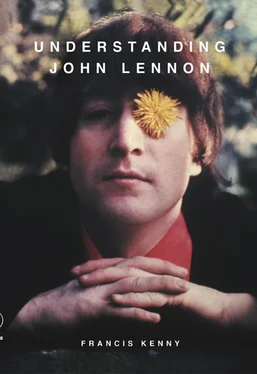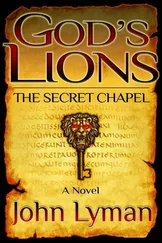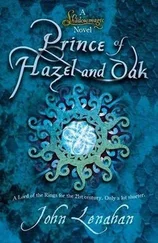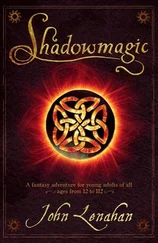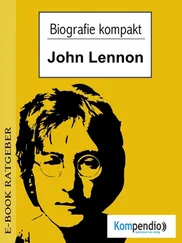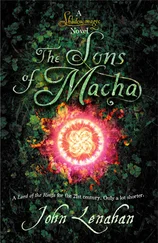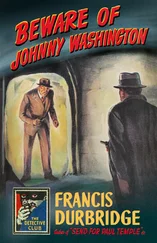In our family the radio was hardly ever on, so I got to pop later: not like Paul and George, who’d been groomed in pop music coming over the radio all the time. I only heard it at other people’s homes. 7
Uncle George would play board games with John, but his night shifts limited the amount of time he could spend with his nephew. The cinema could have been used as a treat and escape from Mendips, but Mimi regarded the cinema as ‘vulgar’, only allowing John a trip to the Picturedrome (as she called it) twice a year, taken by Uncle George at Easter and Christmas to catch a Disney feature. Mimi’s view of the local picture house was perhaps coloured by her own upbringing. Neighbourhood cinemas were home to a frequently boisterous audience whose behaviour contravened and undermined the culture of the day with their mocking of authority figures such as the clergy, police and politicians. In essence, John’s access to the local cinema was blocked due to the legacy of it being seen as an arena which was ‘dark and dangerous’. The only resource left to combat this isolation and his own internalised loss of his mother and father was a young boy’s creativity and imagination.
In the absence of cinema, radio and friends outside of the school playground, John continued with his ferocious love of books. He particularly cherished his ‘comics’, through which, like his hero William and his gang of Outlaws, he could emulate William with his own gang. He soon began writing his own stories, many of which featured himself as the hero, enjoying similar escapades to those as his fictional heroes. With Uncle George’s support and encouragement, he ploughed through the books Swallows and Amazons , Biggles, The Famous Five adventures and Doctor Dolittle . When visiting John, a teenage Paul McCartney discovered fully laden bookcases, one of which included the full life’s works of Sir Winston Churchill, gold inlaid and leather bound. Paul was suitably impressed. It was this love and wonderment of the world of stories and words in which John would immerse himself. Later, it would form the basis for much of his songwriting and art. John’s unhappiness led him towards an inner world of fantasy in which emotional satisfaction was gained by escapism. By engrossing himself in the creative world of the written word, he sought to protect himself from the stern and flinty figure of Mimi.
At Dovedale, meanwhile, John’s interest in learning continued to be minimal, and it was only after threats from Mimi that he applied himself to prepare for the ‘Eleven Plus’ exam, the determinant of whether a child went to a grammar school or one of the newly instituted comprehensive schools or technical colleges. John passed his exam and gained a place at Quarry Bank, located a mile from Mendips. The grammar school, with its rigid practices and competitive measured outputs, didn’t necessarily help matters. Far better for him emotionally, perhaps, had he failed the exam and found a place at a local comprehensive or technical college, with its progressive emphasis on the individual student’s progress rather than exam results. Indeed, arguments raged throughout the 1950s with regards to the impact of this educational selection process. Fienberg argued that:
It is socially pernicious. Taking the Grammar school cap is a more potent emblem of privilege than the old school tie. Public school snobbery affects a few children. The snobbery of the local Grammar school sets the tone in every city and country. 8
If it wasn’t hard enough for John to be rejected by his parents and find himself being brought up in a dispassionate household, now he had to be forced into a pressure cooker of continuous grading and have his behaviour and manners measured by masters in gowns who wished to ape the public school system.
Pete Shotton, John’s ‘partner-in-crime’, also passed the Eleven Plus and they found themselves once again as classmates at Quarry Bank. Both carried on where they left off at Dovedale: causing havoc. John and Pete rekindled their ‘adventures’ outside of school hours too, with Pete becoming a kind of Milhouse to John’s Bart. The reason behind John’s behaviour is simple. Any serious attempt at his lessons could end in disappointment, and due to the corrosive attitude of Mimi, he was already a ‘reject’ and therefore a failure. John’s older cousin Stanley Parkes recalled that ‘John was afraid of Aunt Mimi, as she’d tear into him if he didn’t behave’. 9As Mimi wasn’t into physical punishment, this ‘tearing’ into John was on a psychological level.
John’s now deeply entrenched insecurity meant that he wasn’t going to set himself up for another fall. It was better to be punished at school for not trying, using the smokescreen of bad behaviour, than to go through the mental turmoil of academic failure. John was torn between what was expected of him by school and Mimi, and rebelling against what a young boy perceived as the unfairness of it all. The conflict and contradictions in John’s life at this time are reflected by the fact that as well as being a fighter, petty pilferer and bully, he was also a church-going choirboy and (like his hero Just William ) a boy scout. In every area of every town, there were rogues like young John. It was rebellion, suburban style.
After John’s move to senior school, there began first a trickle and then a flood of mixing with other children outside of school hours. It was at this time that John discovered his mother’s address, not 20 minutes away from Mendips – a discovery that was to cause a further radical change to his outlook. Visits to his mother’s house were barred by Mimi – Blomfield Road was strictly off limits. Mimi successfully rewrote John’s childhood with comments like:
Of course things couldn’t have worked out better if we’d have planned it because George and I loved him madly and every day Julia would come over and play with him, so really he has two mothers in a way. 10
Stanley Parkes, John’s older cousin by six years, remembers it differently. Stanley lived in Scotland and would travel down to Liverpool for the summer holidays, and in many ways he acted as a big brother to John, taking him and his cousin Leila on trips to the park and days out to New Brighton beach. All in all a good egg, he looked out for his younger cousin, who had already been through so much. Stanley asked on John’s behalf if they could visit Julia, a request which Mimi refused. Stanley then used subterfuge. Asking Mimi if he would be allowed to take John and Leila to his Aunt Harriet’s, Mimi agreed. Stanley risked the wrath of Mimi by ‘smuggling’ John on a visit to his mother’s house. Stanley recalls:
John tolerated Aunt Mimi. She was a bit of tyrant. She kept a tight rein on his activities, but he would rebel against her. 11
Len Garry, John’s friend at this time, goes further:
Mimi was a cat lover … She loved her cats more than she loved kids, that’s for sure. She was a frightening woman. She wasn’t homely, she was more like a headmistress, librarian type person. And you were scared to knock on the door. 12
Little wonder that as John grew up he would gravitate towards Blomfield Road.
At various times in his life, John would give the general impression that all was fine with his childhood. Occasionally, though, he would provide insights into a somewhat different opinion of his time at Mendips. His comments of a happy childhood and his own inner turmoil could be compared to a duck sailing along a pond – all peace and calm while underneath the paddling feet creating turbulence and purpose invisible to those above. While at Rishikesh in a search for inner peace John reflected:
When you’re born, you’re in the pram and you smile when you feel like smiling. But the first game that you learn is to smile before you get touched. Most mothers actually torture the kid in the pram – make it smile when it doesn’t want to: smile and you get fed. 13
Читать дальше
